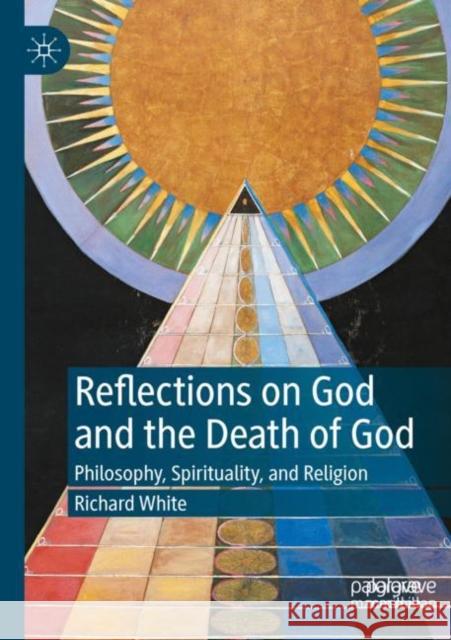Reflections on God and the Death of God: Philosophy, Spirituality, and Religion » książka
Reflections on God and the Death of God: Philosophy, Spirituality, and Religion
ISBN-13: 9783030884338 / Angielski / Miękka / 2022 / 161 str.
Reflections on God and the Death of God: Philosophy, Spirituality, and Religion
ISBN-13: 9783030884338 / Angielski / Miękka / 2022 / 161 str.
(netto: 422,69 VAT: 5%)
Najniższa cena z 30 dni: 424,07
ok. 22 dni roboczych.
Darmowa dostawa!
What is God? What does it mean tobelievein God? What happens to God after the death of God? This book examines “the death of God” from a philosophical standpoint. It focuses on monotheism, polytheism, and nature, and it discusses the renewed importance of spirituality—and the “spiritual but not religious”—in response to the death of God. In recent years, religious belief has been in decline, but secularism cannot satisfy our spiritual needs. We are now living in a “post-secular” age in which the relationship between philosophy, spirituality, and religion must be re-examined. As an exploratory essay, this book engages the reader at a profound level, and considers a variety of modern thinkers, including Nietzsche, Hegel, Freud, Levinas, Assmann, and Buber. It offers a sustained meditation on the origin of God, the death of God, and the future of “God” as a guiding ideal.
What is God? What does it mean to believe in God? What happens to God after the death of God? This book examines “the death of God” from a philosophical standpoint. It focuses on monotheism, polytheism, and nature, and it discusses the renewed importance of spirituality—and the “spiritual but not religious”—in response to the death of God. In recent years, religious belief has been in decline, but secularism cannot satisfy our spiritual needs. We are now living in a “post-secular” age in which the relationship between philosophy, spirituality, and religion must be re-examined. As an exploratory essay, this book engages the reader at a profound level, and considers a variety of modern thinkers, including Nietzsche, Hegel, Freud, Levinas, Assmann, and Buber. It offers a sustained meditation on the origin of God, the death of God, and the future of “God” as a guiding ideal.











